Training on Decision Support System for Agro technology Transfer Conducted
The School of Natural Resources Management and Environmental Sciences, in partnership with the College of Agriculture and Environmental Sciences and the Office of Vice President for Academic Affairs at Haramaya University, organized a training program on Decision Support System for Agro-technology Transfer (DSSAT) for Crop Simulation Modeling, and the Impact of Climate Risks on Agricultural Production Systems.
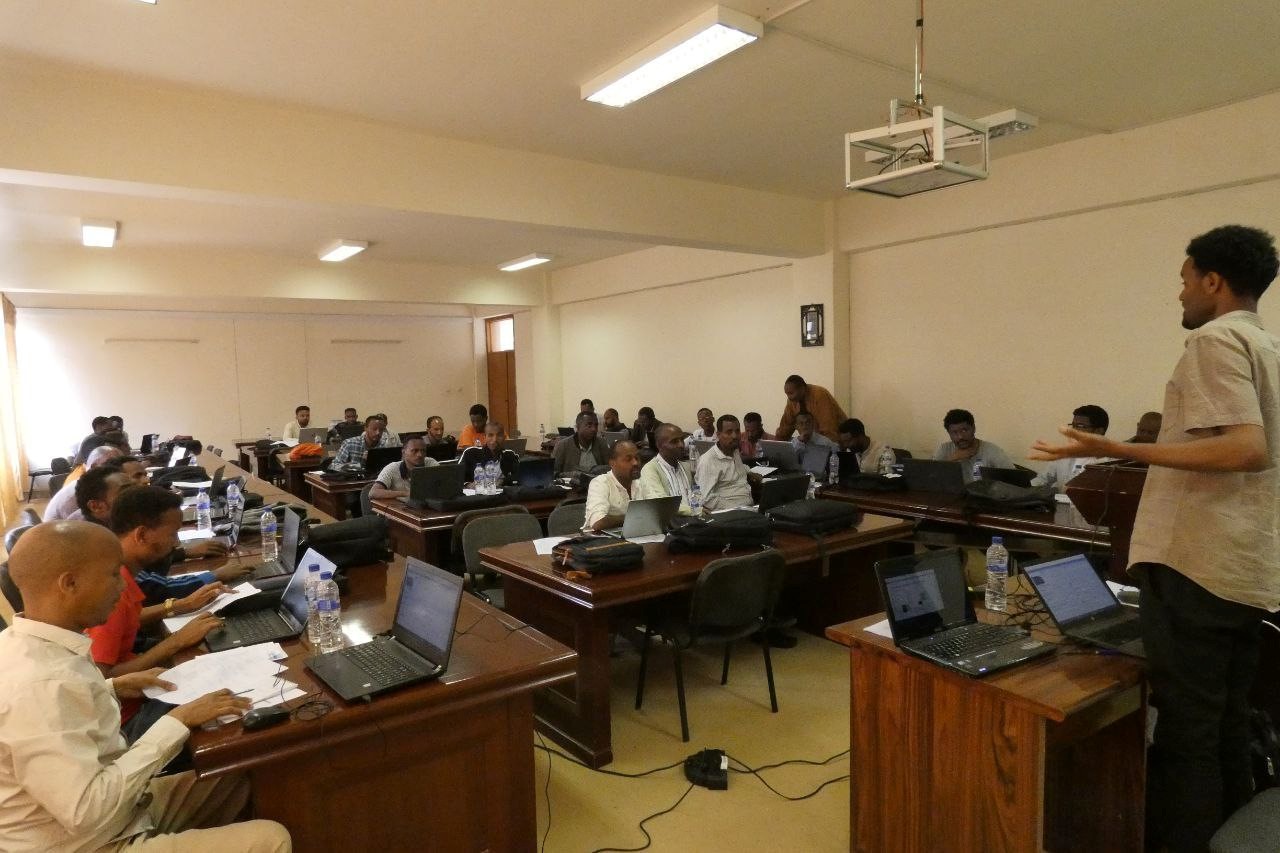
The event took place from March 27 to 29, 2024, at the training hall of the College of Agriculture and Environmental Sciences at Haramaya University.
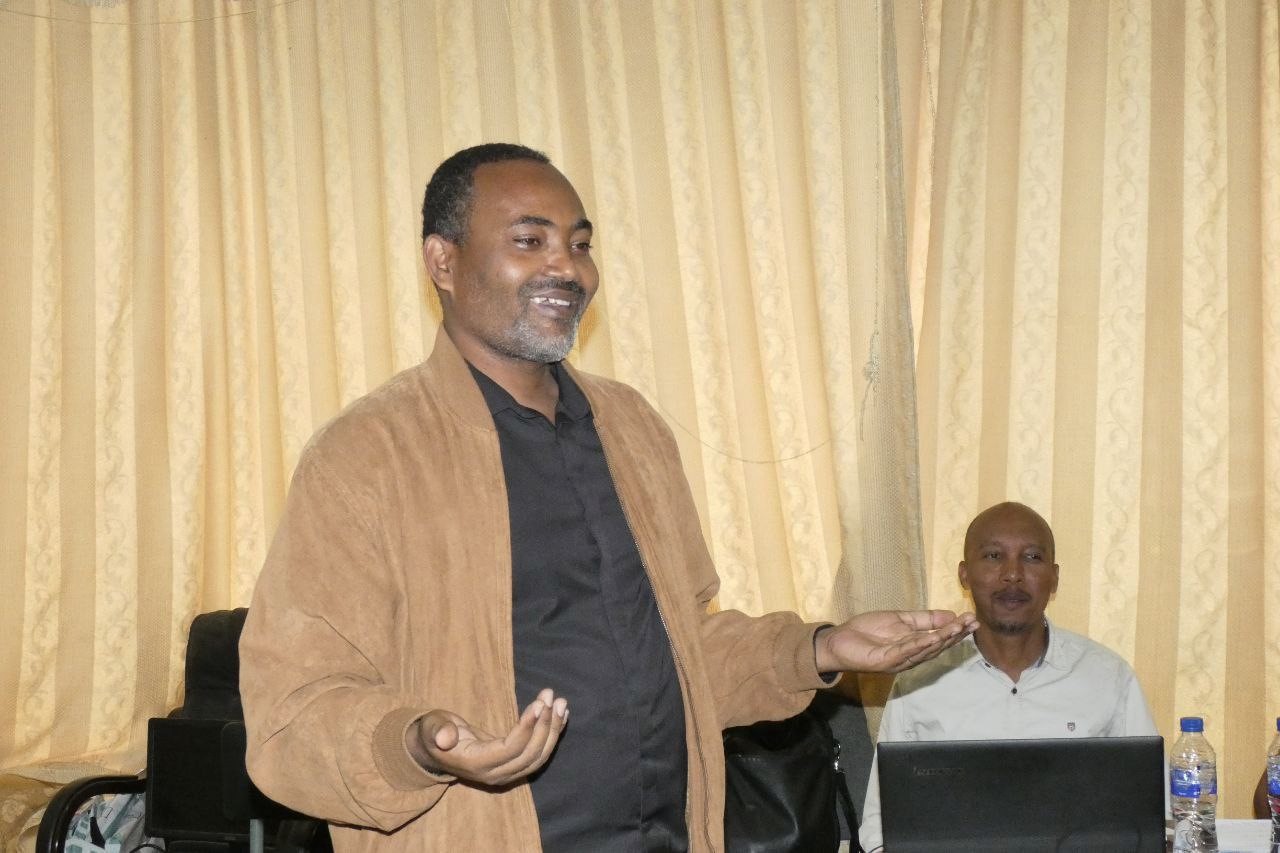
Mr. Abdisa Alemu, an instructor at Haramaya University, has pointed out that climate change and environmental degradation have been causing severe damage to agricultural production. With the world’s population growing, responsible use of resources is essential to meet the increasing demand for food, he added.
It has been noted that factors like climate change and variability, environmental conditions, and their long-term implications on food security and environmental sustainability are becoming increasingly important. To better understand crop response mechanisms, computer simulation models that encompass the soil/plant/atmosphere system are playing a pivotal role. These models enable us to predict crop performance, resource utilization, and environmental impacts across diverse environments and management scenarios.
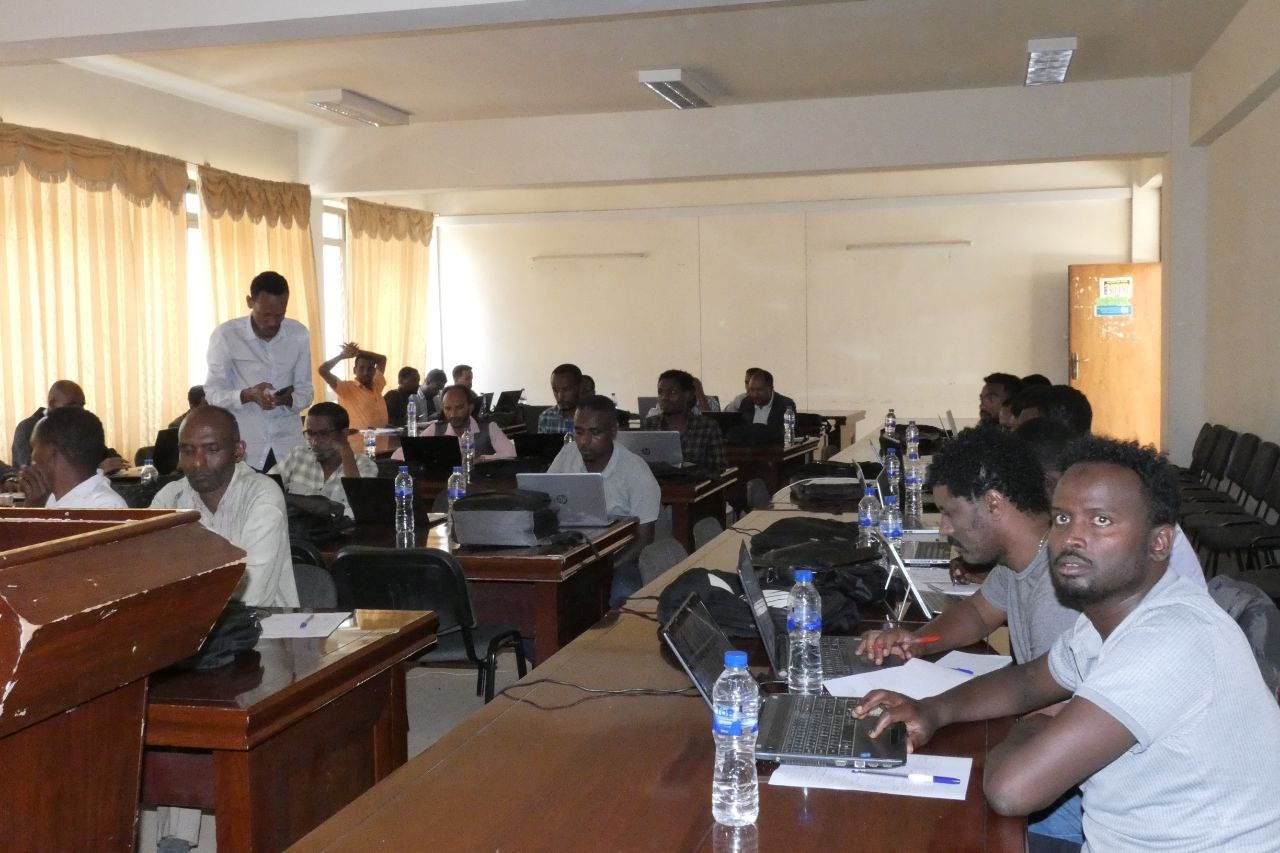
Mr. Abdisa said that DSSAT training equips academic staff and postgraduate students with skills to navigate the challenges of climate change. User-oriented simulation models simplify optimizing crop growth, assessing climate change impact, and providing adaptable management scenarios.
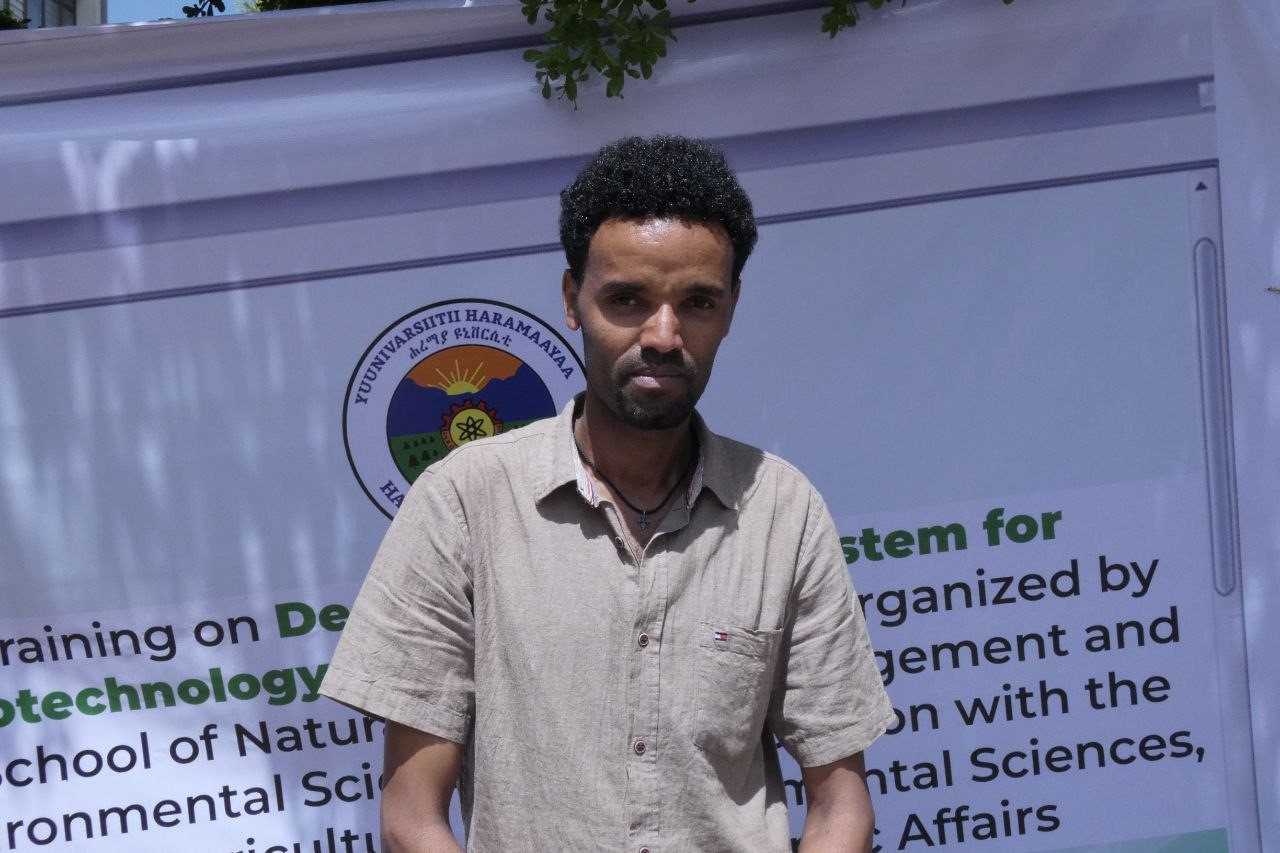
One of the trainers from the School of Natural Resources Management and Environmental Sciences, Instructor Girma Asefa, stated that the training program aimed to provide participants with additional skills and knowledge to effectively apply a comprehensive model in addressing real-world agricultural challenges. Specifically, the program focused on equipping participants with the skills to utilize the Windows-based Decision Support System for Agro-technology Transfer (DSSAT) Version 4.8.2 software. The goal was to familiarize the 38 staff members and postgraduate students of the University with an advanced computer model for simulating crop growth and yield, as well as soil and plant water, nutrient, and carbon dynamics.
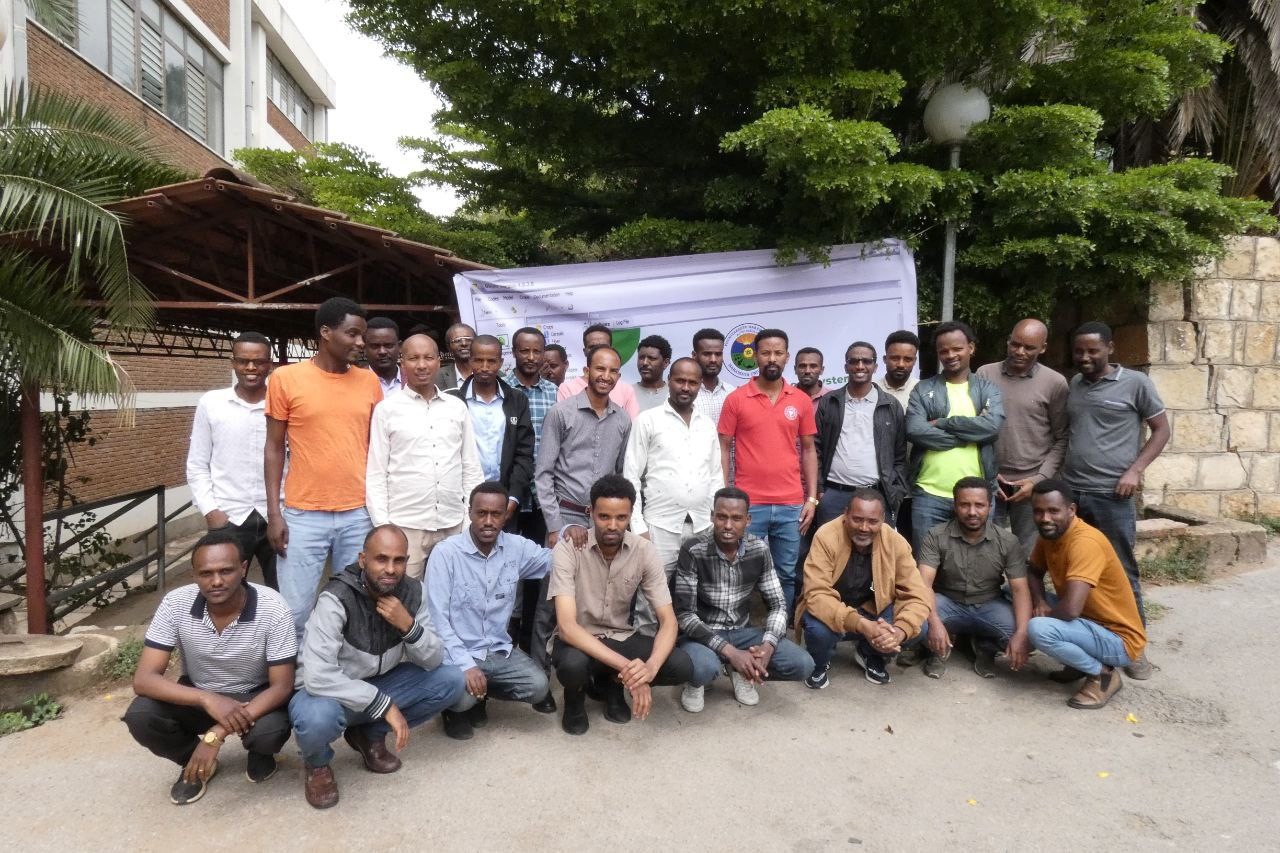
DSSAT has played a crucial role in enhancing agricultural production by integrating data on soil characteristics, weather patterns, and crop management practices. This has enabled farmers to optimize fertilizer application and planting dates, leading to a precision agriculture approach that has significantly increased yields. As a result, food security and economic stability have been ensured.
The trainees explained that they gained an in-depth understanding of the DSSAT-CSM model and its applications. This knowledge can be applied to enhance farm crop management, boost agricultural productivity, and promote sustainability through research or direct engagement with farmers. In addition, this training can also help improve the learning and teaching process.
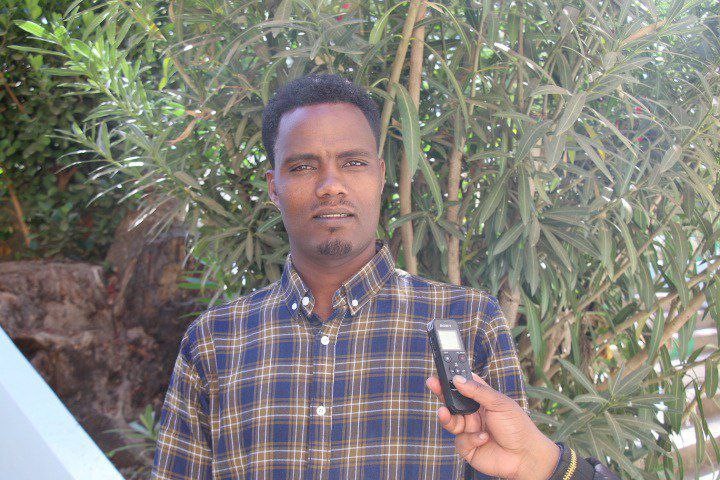
Mr. Tasisa Temesgen, a trainee from the School of Natural Resources Management and Environmental Sciences, expressed confidence that this training effectively addressed the specific technological obstacles they faced in their research and teaching activities.
DSSAT has played a crucial role in enhancing agricultural production by integrating data on soil characteristics, weather patterns, and crop management practices. This has enabled farmers to optimize fertilizer application and planting dates, leading to a precision agriculture approach that has significantly increased yields. As a result, food security and economic stability have been ensured.
Mr. Tasisa stated that this model plays a significant role in improving crop yield under climate change. It provides valuable insights into potential impacts, guides the development of adaptation strategies, assists in decision-making, and facilitates the optimization of crop management practices.
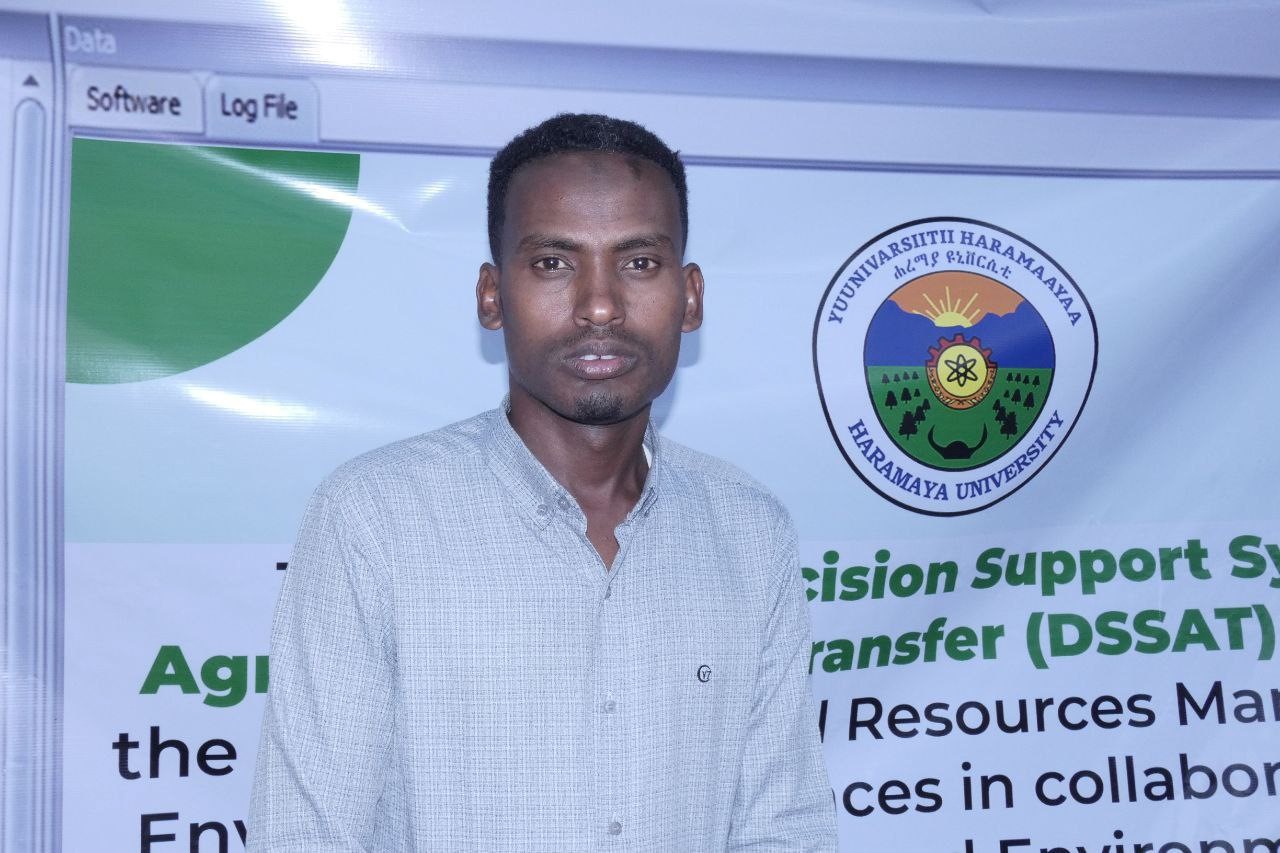
Another trainee, Mr. Dine Rashid, a staff member of the School of Natural Resources Management and Environmental Sciences, expressed that he had the opportunity to attend a crucial training session that helped him develop basic knowledge and skills on how to analyze and manage different data. These skills helped him conduct cutting-edge research to solve the community’s problems in his field.
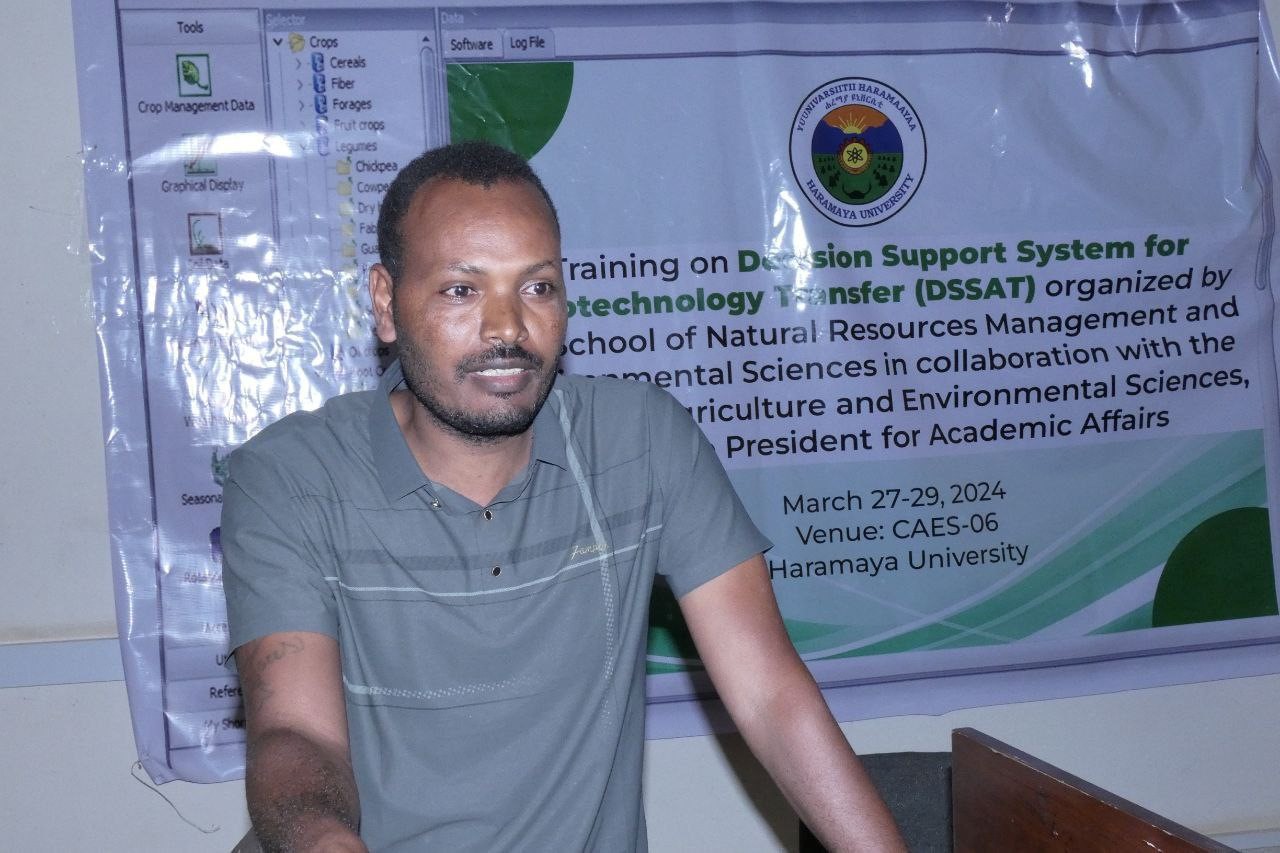
In his closing remarks, Mr. Solomon Estifanos, Associate Dean of the College of Agriculture and Environmental Science, highlighted that the training program is a crucial step forward and a driving force for change. The knowledge and skills that the participants have gained will enable them to make significant contributions to the scientific community and society as a whole.
He encouraged all trainees to continue their pursuit of excellence, to remain curious, and to apply what they have learned to their research and professional endeavors.
Reporter: Shemsedin Mohammad
Photographer: Tewodros Lishan
Haramaya University Public and International Relations Directorate

